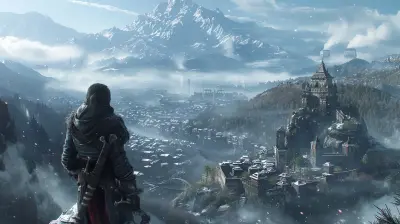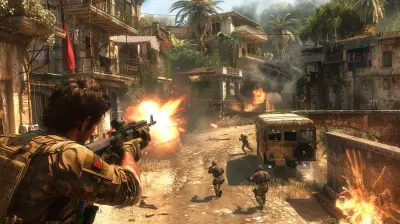Gaming Conferences: Why They're the Best Place for Industry Networking
24 August 2025
When you think about gaming conferences, your mind might jump straight to flashy game trailers, jaw-dropping cosplay, and booths with larger-than-life displays. And sure, those are all exciting, but gaming conferences are so much more than just a spectacle for fans. Behind the scenes, they’re a hotbed for networking in the gaming industry. It’s where ideas are shared, partnerships are forged, and careers can take a serious leap forward. If you’re a game developer, content creator, or even someone just dipping their toes into the industry, gaming conferences are the place to be. Trust me—they’re like the Comic-Con of career connections.
Let’s break this down to show you why gaming events are the go-to places for networking magic.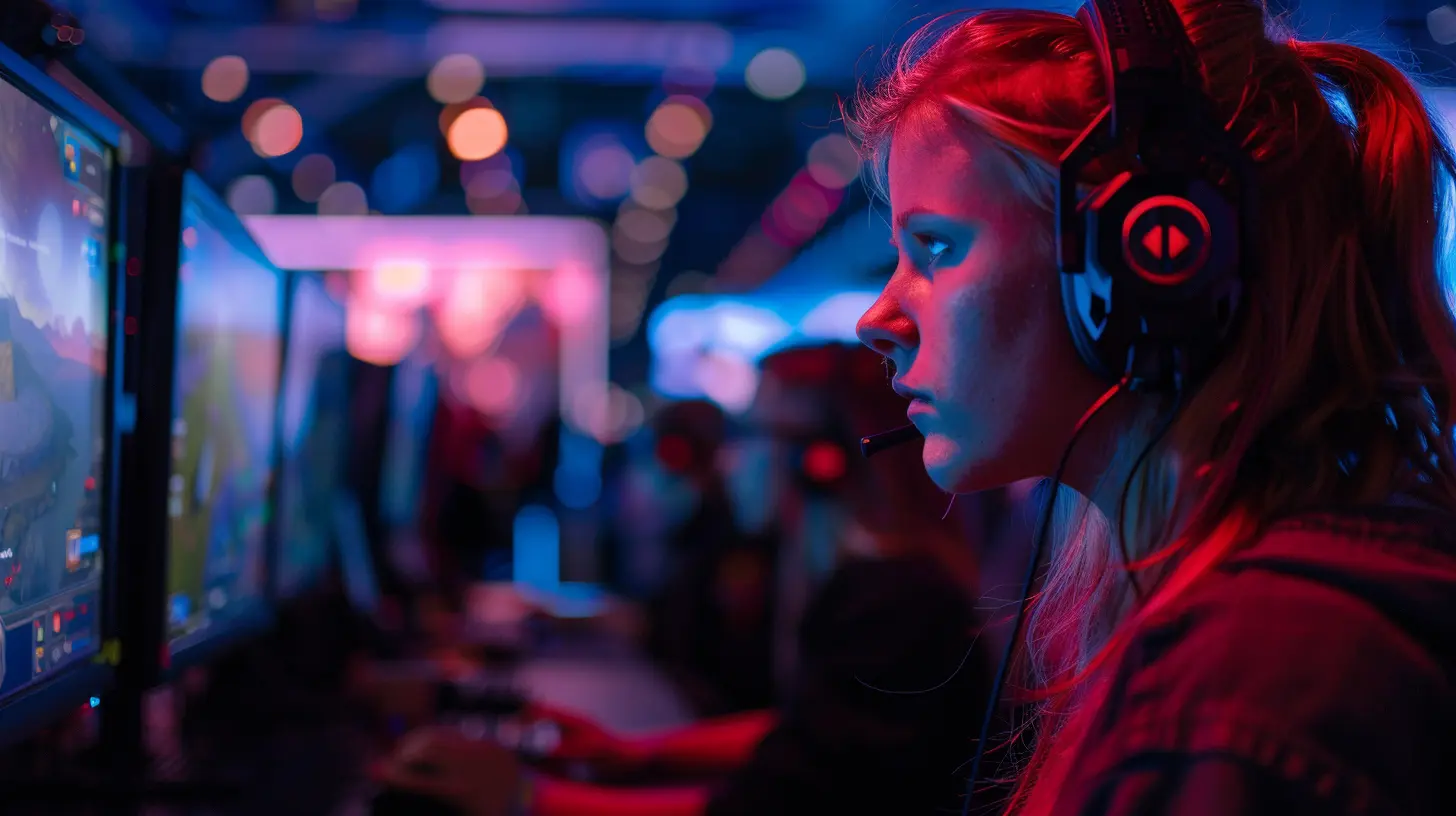
The Vibe: Why Gaming Conferences Are Different
Ever walked into a room and just felt like you belonged? That’s the vibe you get at a gaming conference. Unlike rigid corporate expos or formal trade shows, these events are buzzing with energy and creativity. It’s like the entire industry gets together to geek out about what they love most: games. This laid-back yet passionate atmosphere makes striking up a conversation so much easier.Imagine this: You’re checking out a demo for an upcoming indie game, and the person next to you says, “Isn’t this mechanic just genius?” Next thing you know, you’re engaged in a full-on discussion about level design—and oh, by the way, they happen to be the lead designer from another studio. Boom! You’ve just made a valuable industry connection without even trying. That’s the magic of gaming conferences.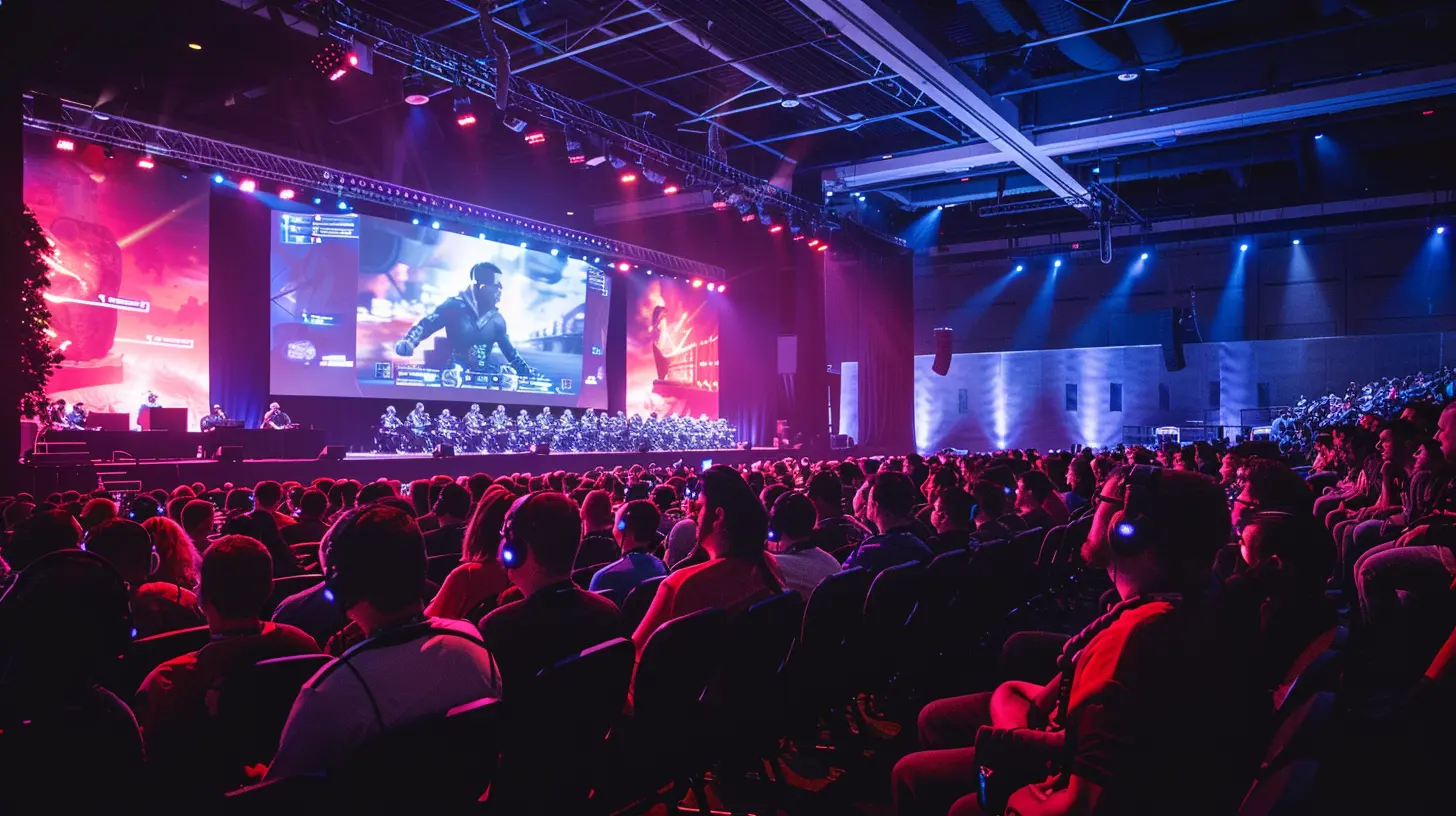
A One-Stop Shop for Industry Leaders
Gaming conferences aren’t just for gamers looking to snag cool merch and sneak peeks at unreleased games. These events attract some of the biggest names in the industry. From AAA publishers like EA and Ubisoft to indie developers hustling to make a name for themselves, everyone’s there. And let’s not forget the tech giants—hello, NVIDIA and AMD—who also show up to showcase their latest innovations.Think of it like this: Gaming conferences are the ultimate melting pot. You’ll find developers, designers, writers, marketers, investors, and even media personalities all under one roof. Want to pitch your game to a publisher? Network with influencers who can help promote your project? Or maybe you’re looking to join a new studio and want to meet the HR team in person? These conferences make all of that possible.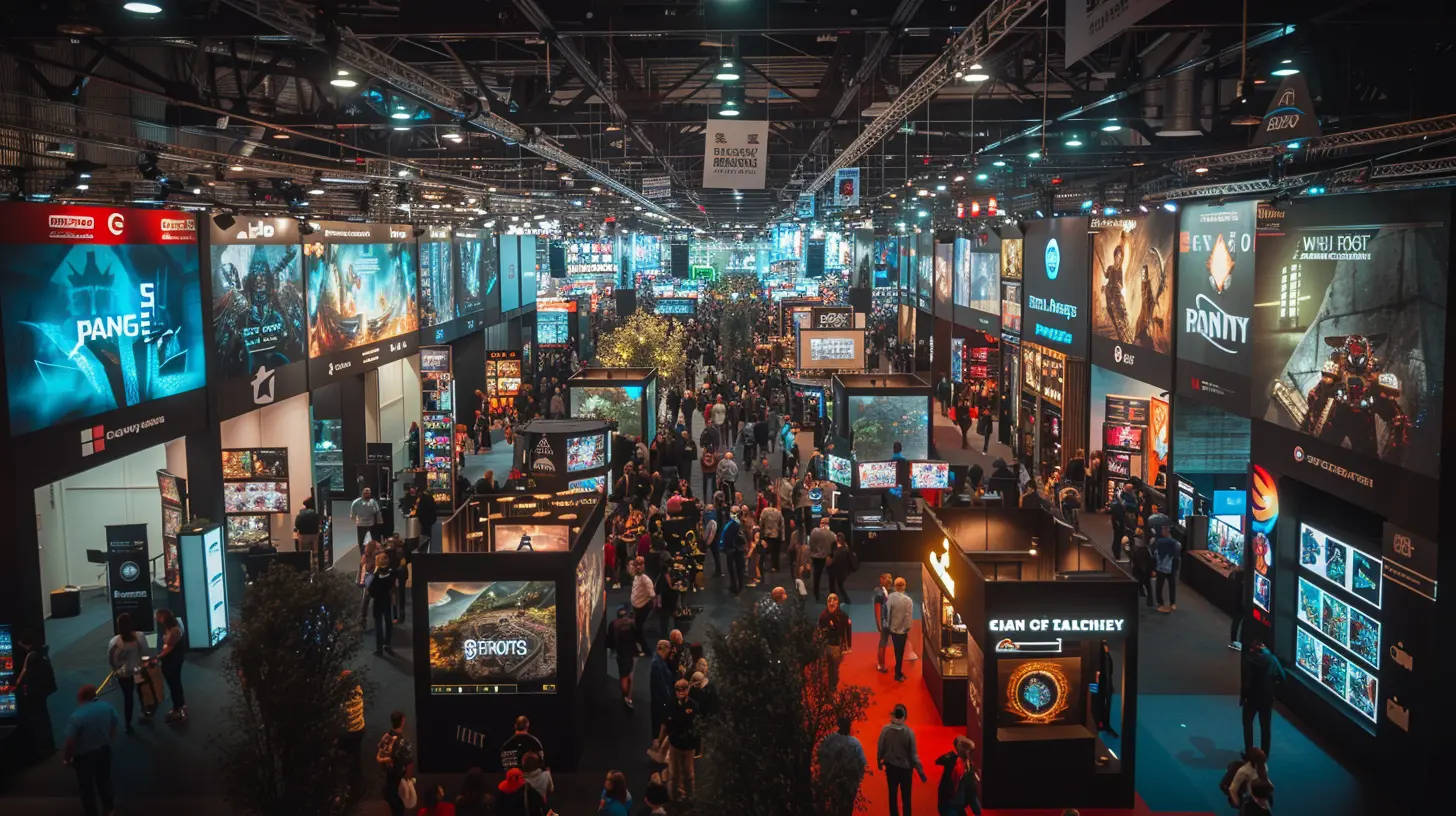
Panels and Workshops: A Goldmine for Insight
Okay, let’s talk about the real MVPs of any gaming conference: the panels and workshops. These are pure gold for anyone looking to expand their industry knowledge or make connections. Whether it’s a Q&A with a game director or a hands-on session about using Unreal Engine, you’ll walk away with valuable insights—and maybe even a new contact or two.But here’s the trick: Don’t just attend these sessions; engage with them. Take notes, ask questions, and, most importantly, stick around afterward. Often, the speakers and panelists will hang back for a bit to chat with attendees. Pro tip: That’s your chance to introduce yourself and maybe get your business card into the right hands.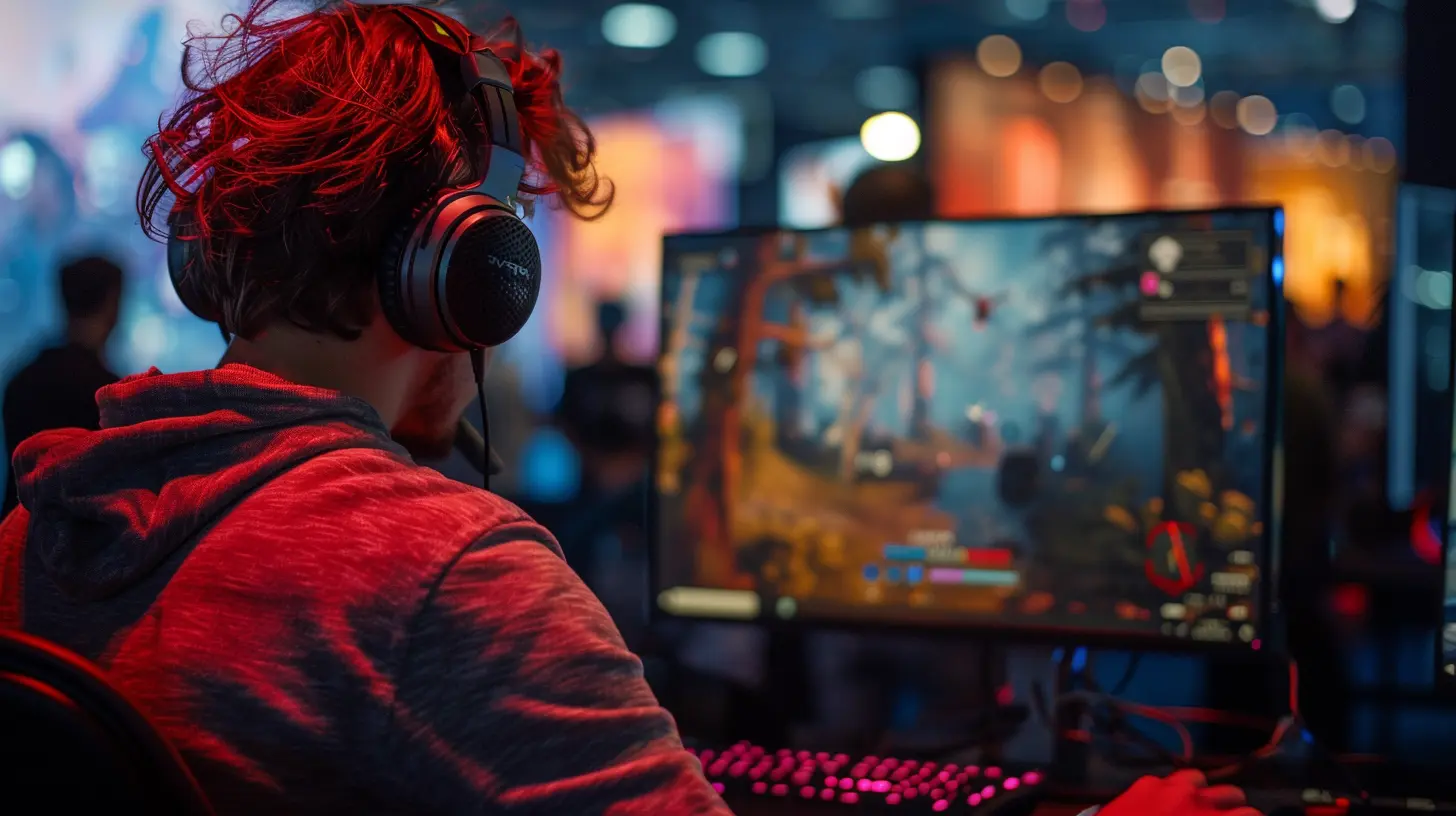
Casual Networking Opportunities: Beyond the Booths
Networking doesn’t always happen in structured settings. Some of the best connections you’ll make come from those unexpected, casual moments. Think coffee breaks, afterparties, or even just waiting in line to play the latest demo. These low-pressure situations are perfect for striking up conversations.And let’s not forget social events organized alongside the conferences. Whether it’s a mixer hosted by a big-name publisher or an indie game showcase at a nearby bar, these gatherings are where people are more relaxed—and more willing to connect. So, don’t be shy! Grab a drink (or a soda, if that’s more your speed) and start chatting. Who knows? You might just meet your future collaborator over nachos.
Building a Personal Brand: Stand Out in the Crowd
In an industry as competitive as gaming, your personal brand can make a huge difference. And there’s no better place to amplify it than at a gaming conference. Whether you’re handing out business cards, sharing your portfolio, or just making an impression through conversation, this is your chance to shine.Here’s a tip: Before attending, polish up your LinkedIn profile and website (if you have one). Many people you meet will look you up afterward, and you want to leave a great digital impression. Oh, and don’t forget to bring business cards—yes, people still use those! A sleek, professional card can help people remember you long after the conference ends.
Indie Developers: The Networking Underdogs
Let’s take a moment to shout out indie developers. For them, gaming conferences are basically the lifeline for networking and exposure. When you don’t have a multi-million-dollar marketing budget, these events are your chance to show off your game, attract potential investors, and get feedback from players and industry pros alike.But here’s the thing: You don’t need a massive booth to make an impact. Some of the most successful indie developers started by simply showcasing their game on a tablet or laptop in a shared workspace. If you’re an indie dev, make sure to bring your A-game—both in terms of your demo and your enthusiasm. People love passion, and if they see how excited you are about your project, they’ll be more likely to engage.
Why Face-to-Face Still Matters in a Digital World
In an era where everyone’s sliding into each other’s DMs or joining virtual Discord meetups, you might wonder, “Do I really need to attend a gaming conference in person?” Short answer: yes. Long answer: Absolutely, 100%, without a doubt, yes.Here’s why: Face-to-face interaction builds trust and rapport in a way that emails or Zoom calls simply can’t. A handshake, a smile, or even just sharing a laugh over a funny booth setup can make you far more memorable than any email subject line. Plus, being physically present shows you’re invested in the industry—and people respect that.
Tips for Making the Most of a Gaming Conference
Alright, let’s get practical. If you’re planning to attend a gaming conference, here are some tips to maximize your networking opportunities:1. Do Your Homework: Research who’s attending and plan which panels, workshops, or booths you want to prioritize.
2. Break the Ice: Don’t overthink it. A simple, “Hi, what brings you to the conference?” works wonders.
3. Stay Prepared: Bring a notepad, pen, and a stack of business cards. And please, practice your elevator pitch.
4. Follow Up: After the conference, send a quick email or LinkedIn message to the people you connected with. Keep it personal and remind them of your conversation.
Final Thoughts: The Power of Gaming Conferences
Gaming conferences are much more than just a chance to see what the next big title will be. They’re a golden opportunity to connect with the people behind the games, learn from industry leaders, and even kickstart your career. Whether you’re an aspiring game designer, a seasoned developer, or just someone passionate about the industry, these events can open doors you didn’t even know existed.And hey, even if you don’t land a job or sign a major deal, you’ll walk away with a pocketful of contacts, a head full of inspiration, and maybe even a cool swag bag. Honestly, what’s not to love about that?
all images in this post were generated using AI tools
Category:
Gaming IndustryAuthor:

Audrey McGhee
Discussion
rate this article
2 comments
Reagan Jackson
Great insights! Gaming conferences truly foster connections and collaboration, bringing together passionate individuals who share a love for the industry.
November 23, 2025 at 4:27 PM

Audrey McGhee
Thank you! I completely agree—gaming conferences are essential for building connections and sharing our passion for the industry.
Zedric McAlister
Networking at gaming conferences? Please, it's like a matchmaking service for nerds—where your next collab could be just a Mario Kart race away!
August 30, 2025 at 2:55 PM

Audrey McGhee
Absolutely! Gaming conferences are a unique blend of fun and professional opportunities, making them the perfect setting for creative collaborations—especially over a friendly Mario Kart competition!
